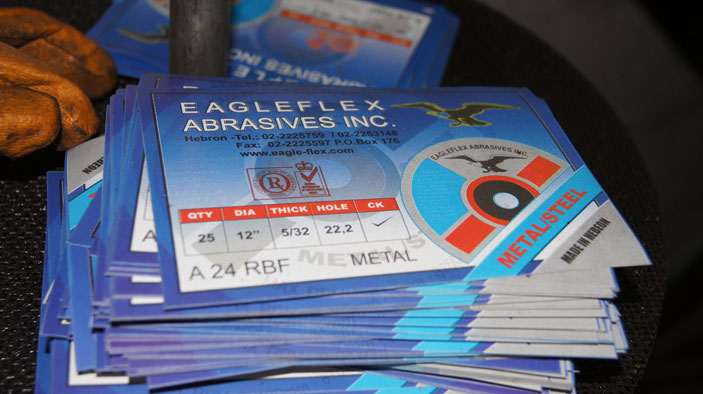Palestine—Facility for New Market Development (FNMD)
Client: Foreign, Commonwealth & Development Office, World Bank
Duration: 2008-2012
Region: Middle East and North Africa
Country: Palestine
Solutions: Economic Growth
In the West Bank and Gaza, periods of relative political stability have witnessed significant economic growth and employment generation, while times of violence have resulted in recession and hardship for many households. The Palestinian private sector is now poised to assume its role as a driver for economic development, employment, and growth. Through our work on FNMD, we encouraged enterprises to expand into new markets—locally, regionally, and internationally—and developed new products and improved products for the local and export markets. We also worked to promote first-time exporters, built the local market for business development services, and gathered data on obstacles to growth.

Sample Activities
- Serve as an investor in sharing the risk associated with entering new markets, improving products, and developing new products by providing technical and financial support.
- Provide matching grants to Palestinian businesses to improve their capacity to reach export markets and develop new products.
- Assist in restarting dormant and partially operating businesses and assist startups to initiate activities under a tool called Gaza Back to Work, where success is measured by the number of re-established or new businesses operating in Gaza as a direct result of the project and growth in sales and employment among the new businesses.
- Introduce a Making Markets Work for the Poor (M4P) approach to increase understanding of systemic constraints to growth in the private sector.
Select Results
- Built a portfolio of 603 client-companies from sectors including manufacturing, agribusiness, stone and marble, information and communication technologies, services, tourism, pharmaceuticals, media, and handicrafts. FNMD has been able to increase their sales by $118 million and created 3,426 permanent jobs during the life of the project. Success stories include:
- Eagleflex Abrasives, a Hebron-based firm, added a stainless steel grinding wheel into its product line and has begun selling it in Europe.
- SuperNimer, the only manufacturer of security and fire safety doors in the West Bank, was able to get ISO certified and expand internationally.
- Nablus Soap Factory was able to display its products at trade shows in Russia and Malaysia, enabling it to break into new markets.
- Gaza Back to Work supported 230 client companies that have increased their sales by $18 million.
Featured Links
RELATED CONTENT:
Regional—AL-INVEST Next Programme Management Unit and EU-LAC Trade and Investment
The AL-INVEST Next Programme and its EU-LAC Trade and Investment Component promote a more dynamic and sustainable economic relationship between the EU and the countries of Latin America and the Caribbean.
Read More